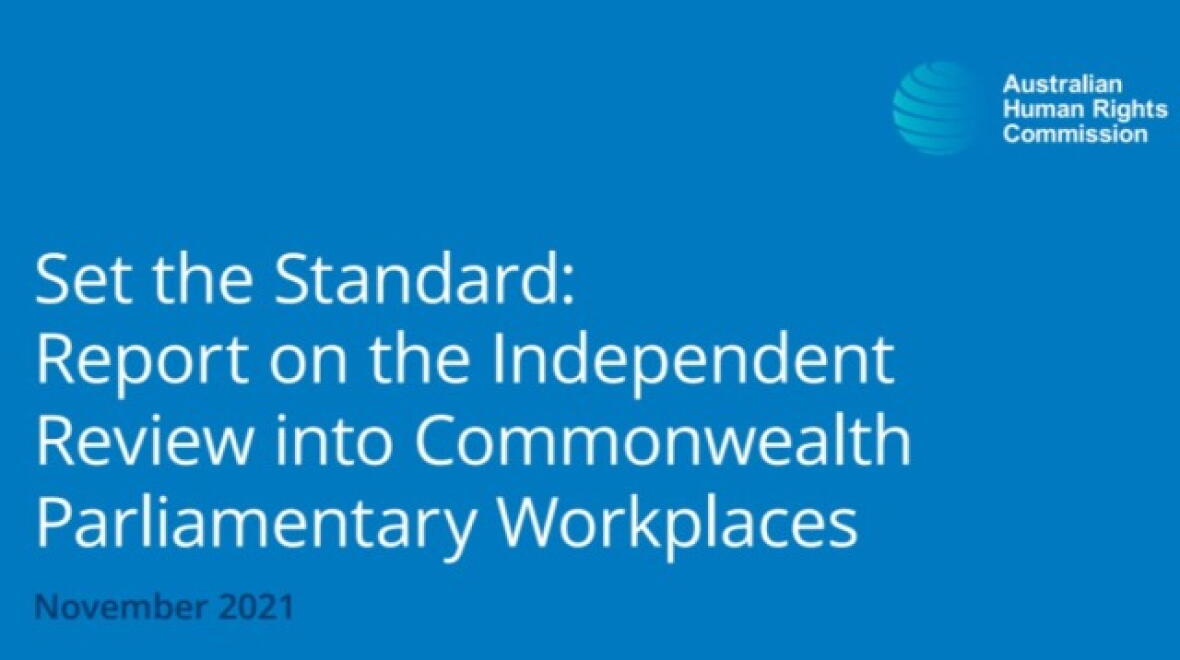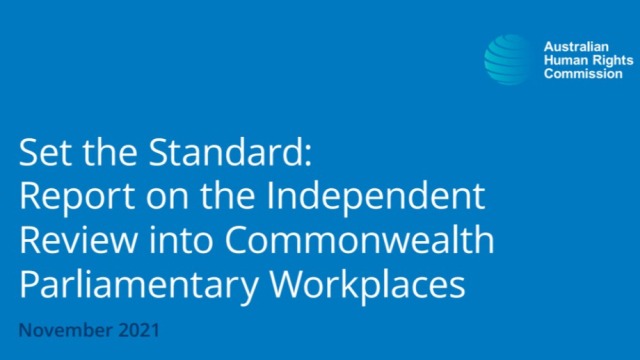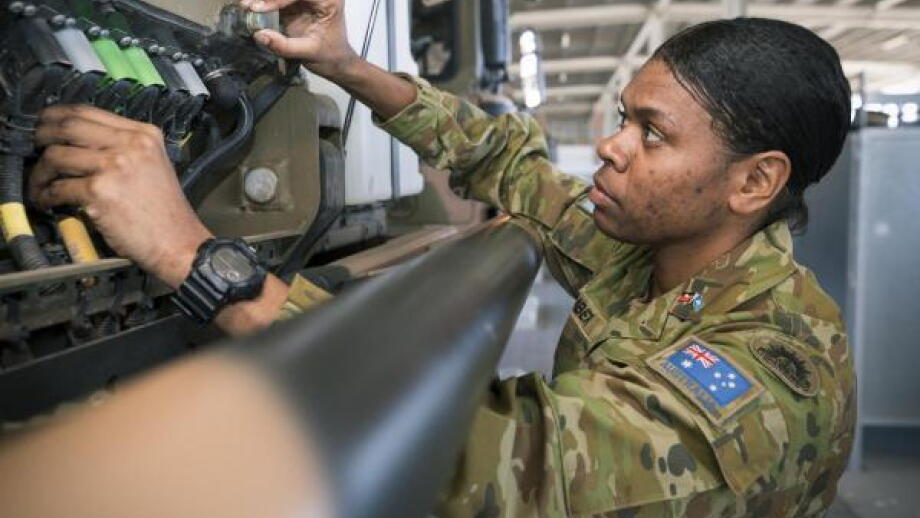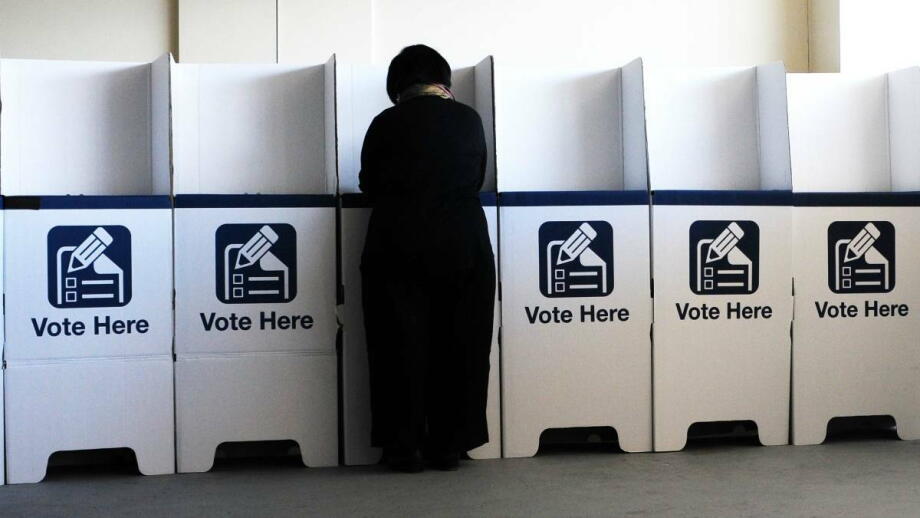Exploring the evidence: 28 Days of Tweeting the Jenkins Review
Posted on
In 2021, revelations of sexual harassment, misogyny, bullying and even criminal behaviour between and among parliamentarians and political staff rocked Australia and sparked mass protests across the nation.
In response to these revelations, an Independent Review into Commonwealth Parliamentary Workplaces (Review) was established. Conducted by the Australian Human Rights Commission and led by the Sex Discrimination Commissioner Kate Jenkins, the Review made 28 recommendations to ensure that Commonwealth parliamentary workplaces are safe and respectful and that the nation’s Parliament reflects best practice in prevention and response to bullying, sexual harassment and sexual assault.
The recommendations were universally welcomed and seen as an effective package of reforms that could genuinely transform Australia's Parliament from a notoriously unsafe workplace, to one that Set the Standard for Australia.
While all parties welcomed the Jenkins Review when it was released in November 2021, safety in Commonwealth Parliamentary Workplaces has not been a key focus of the federal election campaign for any of the major parties.
GIWL calls on all political parties and candidates to commit to full implementation of the Jenkins Review of Commonwealth Parliamentary Workplaces. Over the course of the federal election campaign, GIWL has run a social media campaign on Twitter, posting about each of the 28 recommendations, the evidence and research that sits behind it and why it’s so important.
This document brings together the tweets into a single document that explores and explains the evidence base that sits behind each of the 28 recommendations - bolstering the case for their full implementation and a continued commitment from all political parties and Parliamentarians to deliver this. As this document is a consolidated document of a series of Twitter posts, the Independent Review into Commonwealth Parliamentary Workplaces is most commonly referred to in this document as the 'Jenkins Review' for the sake of brevity.
Images and quotes from the report, are taken from Australian Human Rights Commission (2021), Set the Standard: Report on the Independent Review into Commonwealth Parliamentary Workplaces.
A copy of the full report, can be found at: Set the Standard: Report on the Independent Review into Commonwealth Parliamentary Workplaces (2021) | Australian Human Rights Commission
Further details on the Parliamentary Leadership Taskforce established to oversee implementation of the Report's recommendations as well as updates on implementation of each recommendation can be found at: Parliamentary Leadership Taskforce – Parliament of Australia (aph.gov.au)
File attachments
You may also like
Without women, Australia’s defence force will struggle to recruit enough people
Despite decades of effort, women still make up just 20% of the Australian Defence Force. With Australia facing crisis-level workforce shortages in security and defence, gender inclusion isn't a "nice-to-have" – it’s a necessity.
Women disproportionately placed in unwinnable and high-risk seats ahead of federal election
While some progress has been made towards gender equality in Australian elections, women remain underrepresented among candidates in the 2025 federal election, a new report from the Global Institute for Women's Leadership shows.
Running for parliament is still a man’s world, with fewer female candidates – especially in winnable seats
Despite progress towards gender equality in Australian elections, women remain underrepresented among candidates vying for office on May 3. Our report published today finds that while the major parties are increasing the number of women they pre-select, they are more likely to be running in harder-to-win seats.




